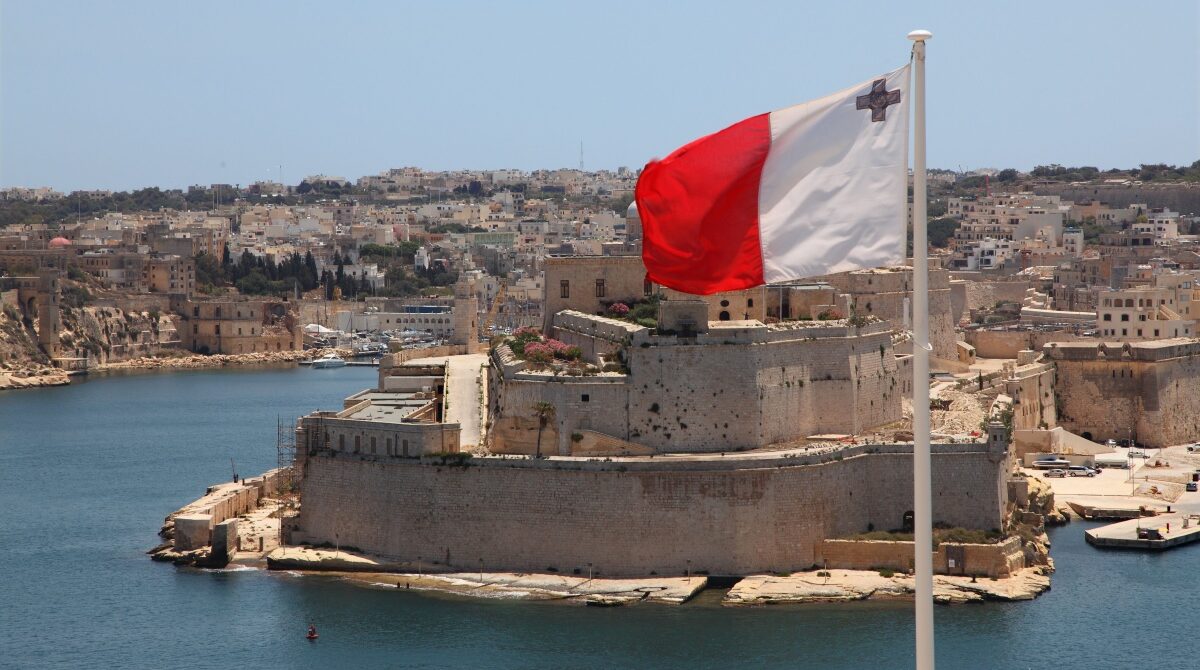


Published on 24 March 2025
•
1 min read

The Maltese Government’s fiscal position weakened in February 2025, as the National Statistics Office (NSO) reported a €95 million deficit, reversing the €151.4 million surplus recorded in the same period of 2024.
The deficit reflects a dual challenge of declining revenue and rising expenditure, with total revenue falling by €103.8 million while spending increased by €142.6 million.
Income tax weakness raises economic concerns
The largest revenue drop came from income tax, which fell by €179.0 million. This decline suggests potential softening in the Maltese economy or reduced profitability among businesses.
On the expenditure side, the Government’s spending rose notably under programmes and initiatives (+€63.3 million), with increased allocations to social security benefits (€31.8 million), Church schools (€9.6 million), and EU contributions (€7.4 million).
However, capital expenditure decreased by €23.6 million, including a €14.4 million drop in road infrastructure investments.
Debt on the rise: Key investment implications
Investors are likely to pay close attention to Malta’s rising public debt, which reached €10,935.2 million by February 2025 – €859.1 million higher than the previous year. Notably, Malta Government Stocks increased by €842.5 million, reflecting a reliance on domestic borrowing to fund the fiscal gap.
Image credit: ViewingMalta.com

Online Business Editor
Robert is curious about the connections that make the world work, and takes a particular interest in the confluence of economy, environment and justice. He can also be found moonlighting as a butler for his big black cat.


